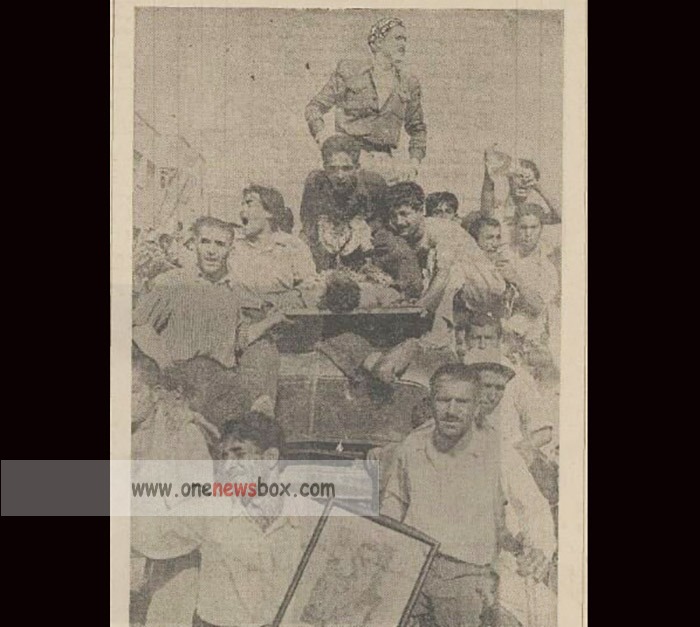By the late 1940s, Mosaddegh had emerged as a prominent voice in the Iranian parliament (Majlis), calling for reforms, transparency, and especially control over Iran’s oil. His speeches resonated with Iranians frustrated with foreign influence and the corruption of domestic elites.
Nationalization of the Oil Industry
In March 1951, amid growing public discontent and mounting nationalist sentiment, the Iranian parliament voted to nationalize the oil industry, expelling AIOC and seizing control of its installations. This decision elevated Mosaddegh to the position of Prime Minister, making him the face of Iranian nationalism.
The move was popular at home but infuriated Britain, which depended on Iranian oil for its economy and navy. Britain responded with a global boycott of Iranian oil, froze Iranian assets, and lobbied international allies to isolate Tehran economically.
Britain Seeks American Help
Initially, the United States under President Harry Truman was reluctant to support a coup. Truman’s administration viewed Mosaddegh as a legitimate nationalist leader and believed that negotiations with Iran could yield a compromise. Washington was also wary of setting a precedent of overt CIA involvement in foreign governments.
However, Britain continued to pressure the United States. British leaders, particularly Winston Churchill, argued that Mosaddegh was unstable and increasingly sympathetic to Iran’s Tudeh Party (a strong pro-Soviet communist movement). As Cold War anxieties deepened, the perception grew in Washington that if Iran fell to communism, the entire Middle East might follow—a variation of the “domino theory.”

